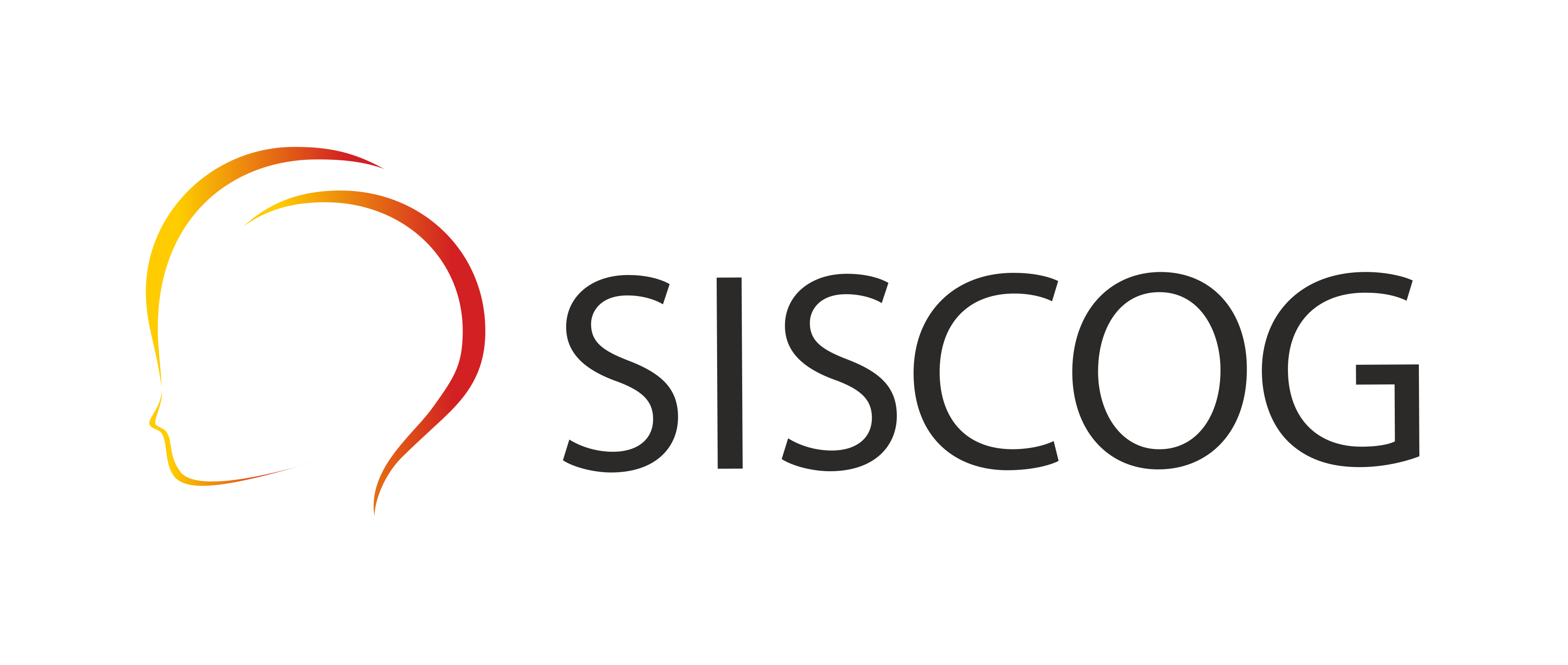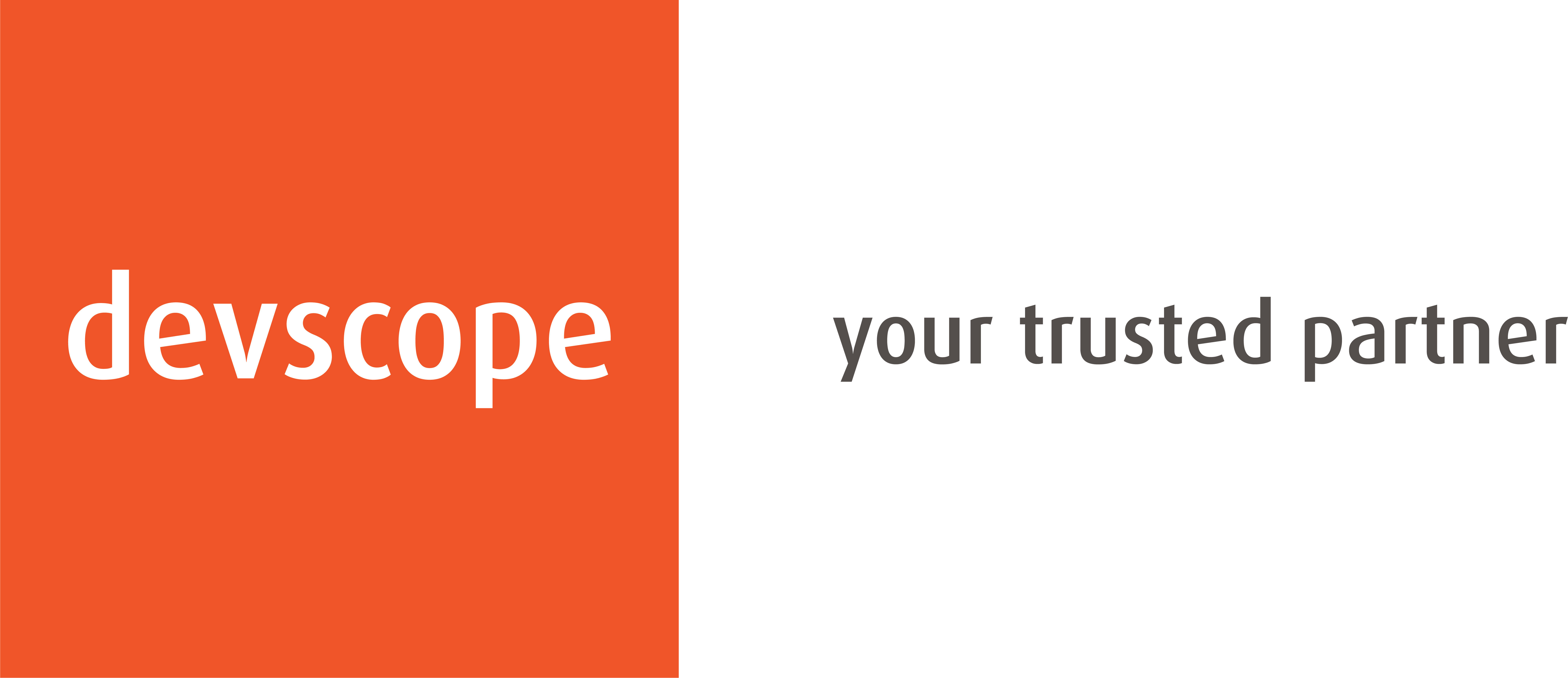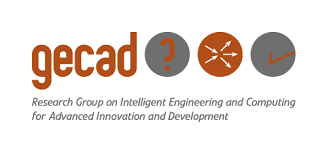Text Mining and Applications (TeMA)
The 8th Track of Text Mining and Applications (TeMA 2019) is a forum for researchers working in Human Language Technologies, i.e. Natural Language Processing (NLP), Computational Linguistics (CL), Natural Language Engineering (NLE), Text Mining (TM), Information Retrieval (IR), and related areas.
The most natural form of sharing knowledge is indeed through textual documents. Especially on the Web, a huge amount of textual information is openly published every day, on many different topics and written in natural language, thus offering new insights and many opportunities for innovative applications of Human Language Technologies.
Following recent advances in general IA sub‐fields such as Natural Language Processing (NLP) and Machine Learning (ML), text mining is now even more valuable as tool for bridging the gap between language theories and effective use of natural language contents, for harnessing the power of semi‐structured and unstructured data, and to enable important applications in real‐world heterogeneous environments. Both hidden and new knowledge can be discovered by using text mining methods, at multiple levels and in multiple dimensions, and often with high commercial value.
Topics of Interest
Topics of interests for the track include, but are not limited to:
- Text Mining, Natural Language Processing, and Social Media Content Analysis
- Entity Recognition and Disambiguation
- Relation Extraction
- Analysis of Opinions, Emotions and Sentiments
- Text Clustering and Classification
- Machine Translation Summarization Word Sense Disambiguation
- Co‐Reference Resolution
- Language Modeling
- Syntax and Parsing
- Distributional Models and Semantics
- Multi-Word Units
- Lexical Knowledge Acquisition
- Spatio‐Temporal Text Mining
- Entailment and Paraphrases
- Natural Language Generation
- Language Resources: Acquisition and Usage
- Cross-Lingual Approaches
- Algorithms and Data Structures for Text Mining
- Applications:
- Information Retrieval
- Information Extraction
- Question‐Answering and Dialogue Systems
- Text-Based Prediction and Forecasting
- Web Content Annotation
- Computational Social Science
- Computational Journalism
- Health and Well‐being
- Big Data Analysis
Paper Submission Instructions
All accepted papers will be published by Springer in a volume of Springer’s Lecture Notes in Artificial Intelligence (LNAI) corresponding to the proceedings of the 19th EPIA Conference on Artificial Intelligence, EPIA 2019.
Submissions must be original and not published elsewhere. Papers should not exceed twelve (12) pages in length and must adhere to the formatting instructions of the conference. Each submission will be peer reviewed by at least three members of the Program Committee. The reviewing process is double blind, so authors should remove names and affiliations from the submitted papers, and must take reasonable care to assure anonymity during the review process. References to own work may be included in the paper, as long as referred to in the third person. Acceptance will be based on the paper’s significance, technical quality, clarity, relevance and originality. All accepted papers must be presented orally the conference by one of the authors and at least one author of each accepted paper must register for the conference.
Important Dates
Paper submission deadline (Extended) : April 15, 2019 April 30, 2019
Notification of paper acceptance: May 31, 2019, June 7, 2019
Camera ready papers deadline: June 15, 2019, June 21, 2019
Conference dates: September 3-6, 2019
Organizing Committee
Joaquim Francisco Ferreira da Silva, Universidade Nova de Lisboa, Portugal
Altigran Soares da Silva, Universidade Federal do Amazonas, Brasil
Program Committee
Adeline Nazarenko, University of Paris 13, France
Alberto Diaz, Universidad Complutense de Madrid, Spain
Alberto Simões, Algoritmi Center, University of Minho, Portugal
Alexandre Rademaker, IBM Research Lab, Brazil
Antoine Doucet, University of Caen, France
António Branco, Universidade de Lisboa, Portugal
Béatrice Daille, University of Nantes, France
Belinda Maia, Universidade do Porto, Portugal
Bruno Martins, Instituto Superior Técnico, Universidade de Lisboa, Portugal
Eric de La Clergerie, INRIA, France
Fernando Batista, Instituto Universitário de Lisboa, Portugal
Francisco Couto, Faculdade de Ciências, Universidade de Lisboa, Portugal
Gaël Dias, University of Caen Basse, Normandie
Hugo Oliveira, Universidade de Coimbra, Portugal
Irene Rodrigues, Universidade de Évora, Portugal
Jesús Vilares, University of A Coruña, Spain
Katerzyna Wegrzyn‐Wolska, ESIGETEL, France
Luciano Barbosa, Universidade Federal de Pernambuco, Brazil
Luisa Coheur, Universidade Técnica de Lisboa, Portugal
Manuel Vilares Ferro, University of Vigo, Spain
Mário Silva, Instituto Superior Técnico, Universidade de Lisboa, Portugal
Mohand Boughanem, University of Toulouse III, France
Nuno Marques, Universidade Nova de Lisboa,
Pablo Gamallo, Faculdade de Filologia, Santiago de Compustela, Spain
Paulo Quaresma, Universidade de Évora, Portugal
Pavel Brazdil, University of Porto, Portugal
Pável Calado, Instituto Superior Técnico, Universidade de Lisboa, Portugal
Sebastião Pais, Universidade da Beira Interior, Portugal
Sérgio Nunes, Faculdade de Engenharia, Universidade do Porto, Portuga
Vítor Jorge Rocio, Universidade Aberta, Portugal


















